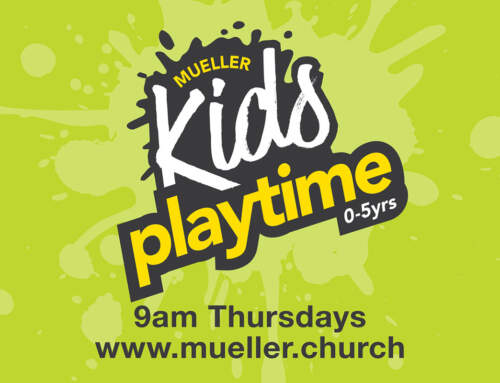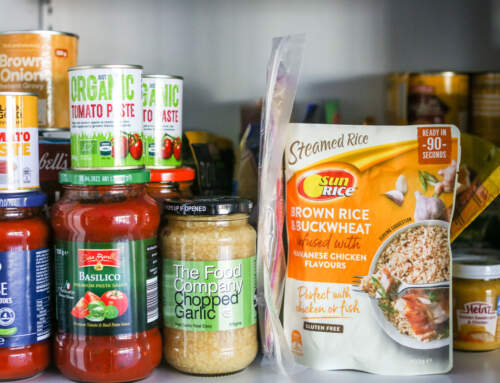How many parents aspire to be ‘the perfect parent of perfect children’? How many of us refer to the latest McParenting Manual or website to try and find quick fixes for childish behaviours? Do the social media posts we follow only show images of picture-perfect families? Do we set a ridiculously high-bar for ourselves and our families and drain our resources and energy in the pursuit of excellence? Sadly, if this is your desire, you may find this post disappointing. Why? There is no such thing as a perfect parent – the idea of perfecting parenting is a complete myth. We are human and imperfect and so are our children. Perfection is neither attainable nor desirable in parenting.
Parenting would have to be one of the most taxing jobs most of us face. It’s 24/7 and challenges us in unexpected ways. We’re faced with the huge responsibility of raising happy, healthy and well-adjusted people. Parenting brings out both the best and the worst in us. I never realized that I had a short temper until I was faced with the persistent stubbornness of a 3 year old. That little person also aroused the full range of emotions in me – love, empathy, desire to protect, frustration to name a few. As parents we want the very best for our children and there’s no shortage of advice available from family, friends and the internet.
In her book “Ignore It”, Catherine Pearlman states that the job of kids is to ‘explore, learn and develop’, while the job of parents is to ‘teach, guide, love and nurture’. I particularly like the term ‘the good-enough parent’. Good-enough parents don’t expect perfection of either themselves or their children. They strive to do well, but realise that they won’t always succeed as much as they’d like. They know that life is full of disappointments and struggles (along with all the good things too), and know that it’s better for children to learn this at an early stage, as it helps them develop skills useful in resilience.
A good-enough parent loves, accepts and respects children for who they are. Most important of all they realise the importance of a good and satisfying childhood. A child will feel secure when valued and understood. These are not qualities that require monetary outlay, just time and attention. The good-enough parent also knows there will be times when he/she gets it wrong. When that happens (and it will) he/she tries to offer the same compassion to self that might be offered to a friend in that situation.






